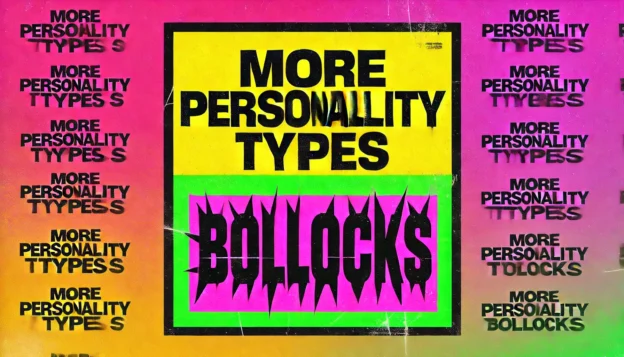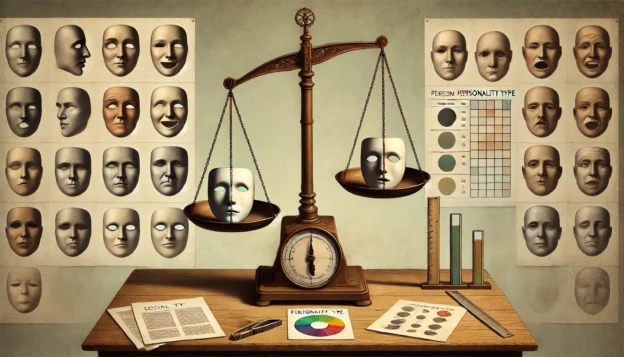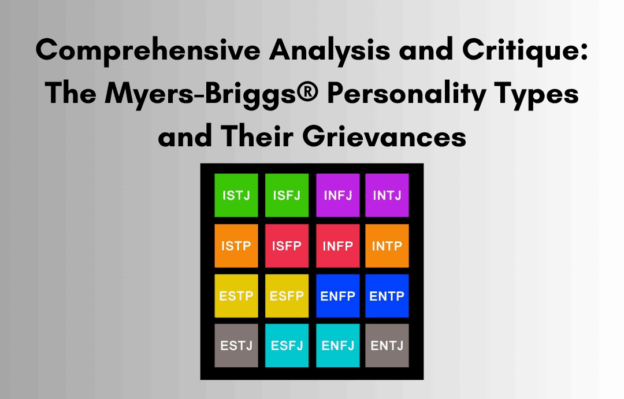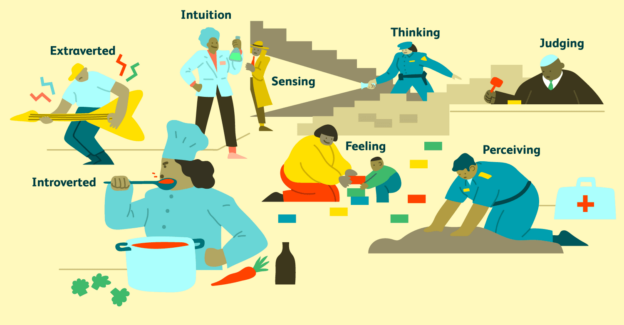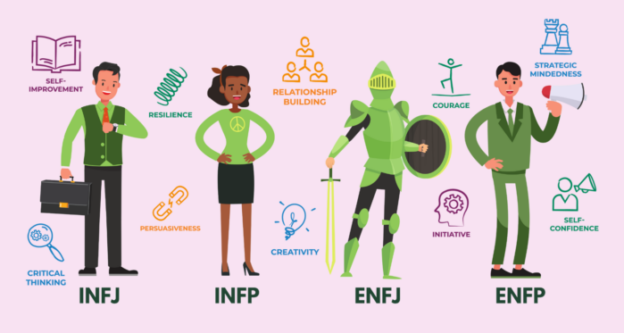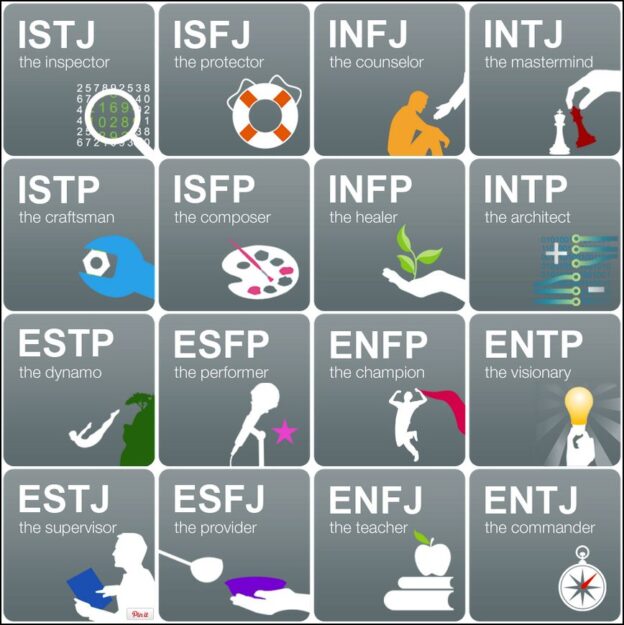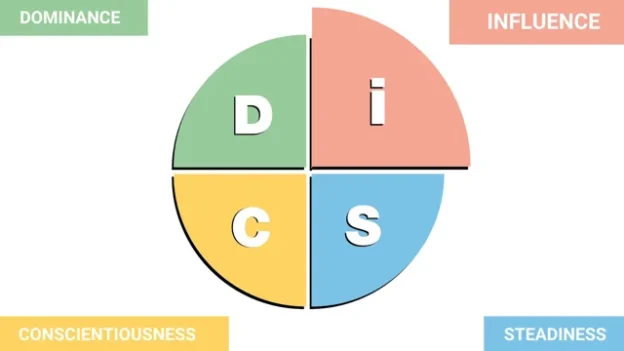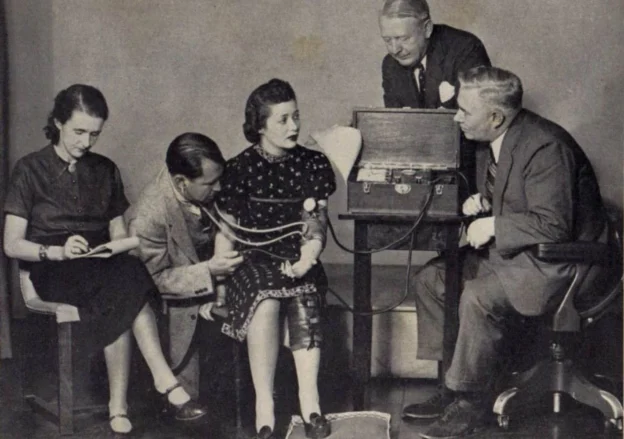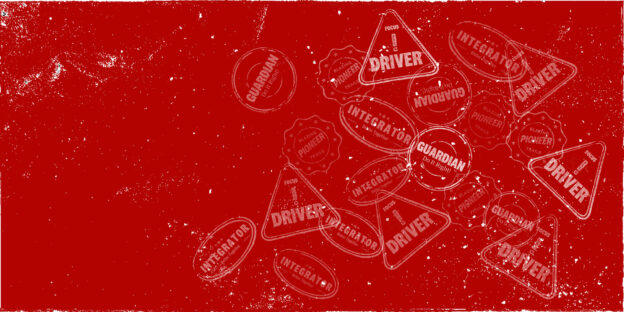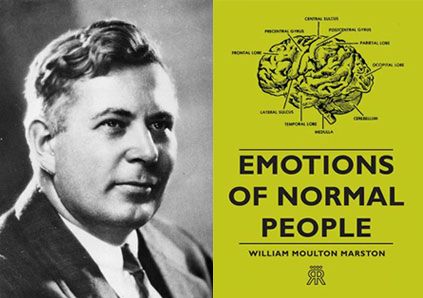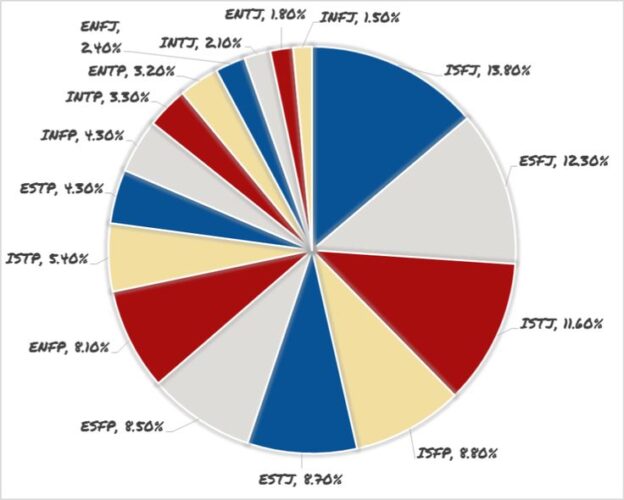Personality typing systems are everywhere these days, especially in workplaces. From the ever-popular Myers-Briggs to Business Chemistry, DISC, and Gallup Strengths, each claims to offer a profound insight into who we are and how we work. These frameworks are treated as gospel by many organisations and used to guide hiring, team building, and personal development. But here’s the problem: much of it is bollocks, and for those who are neurodivergent, it’s even worse.
Continue reading